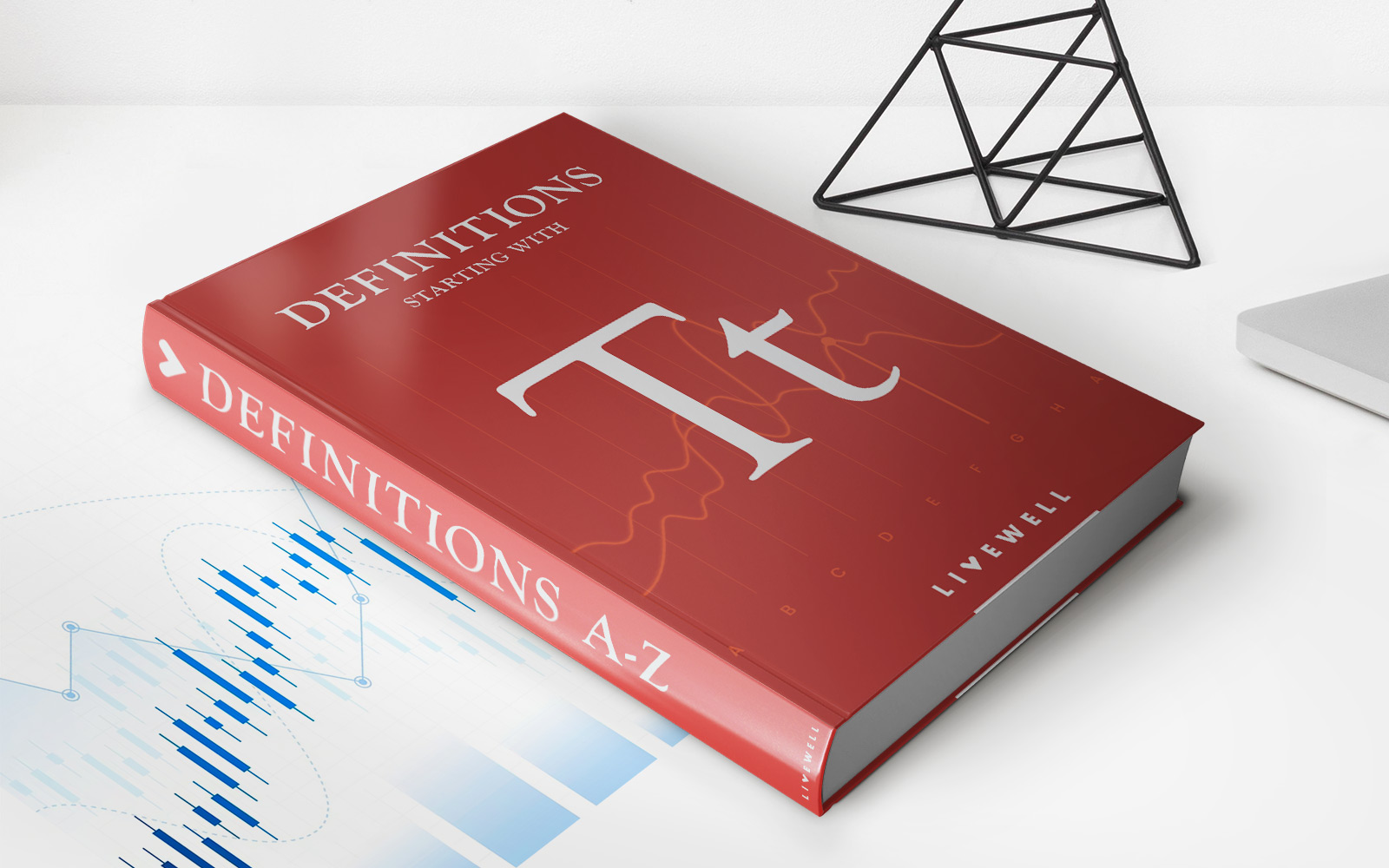

Finance
First-Time Homebuyer Tax Credit Definition
Published: November 24, 2023
Learn about the first-time homebuyer tax credit and how it can benefit you. Navigate the world of finance and take advantage of this money-saving opportunity.
(Many of the links in this article redirect to a specific reviewed product. Your purchase of these products through affiliate links helps to generate commission for LiveWell, at no extra cost. Learn more)
Welcome to the world of First-Time Homebuyer Tax Credit
Are you thinking about buying your first home? Congratulations! Becoming a homeowner is an exciting milestone, but it can also feel overwhelming, especially when it comes to understanding all the financial aspects involved. One important factor to consider is the First-Time Homebuyer Tax Credit. In this blog post, we will explore the definition of the First-Time Homebuyer Tax Credit, how it works, and why it is beneficial for first-time homebuyers.
Key Takeaways:
- First-Time Homebuyer Tax Credit provides financial assistance to first-time homebuyers.
- It helps reduce the overall tax burden and increase the affordability of purchasing a home.
Understanding the First-Time Homebuyer Tax Credit
So what exactly is the First-Time Homebuyer Tax Credit? Simply put, it is a tax incentive offered by governments to encourage and support individuals who are purchasing their first homes. This credit aims to alleviate the financial burden associated with buying a home, especially for those who may be struggling to accumulate enough savings.
The First-Time Homebuyer Tax Credit varies by country and region, so it’s essential to familiarize yourself with the specific regulations in your area. However, in general, this tax credit allows eligible first-time homebuyers to receive a deduction or a credit on their income tax return.
Now, you might be wondering if you qualify as a first-time homebuyer. Typically, to be considered a first-time homebuyer, you must meet certain criteria such as:
- Haven’t previously owned a home or had any ownership interest in a principal residence within a specific period of time, e.g., three years.
- Intend to use the newly purchased property as your primary residence.
- Meet any additional requirements set by your local government or tax authority.
The Benefits of the First-Time Homebuyer Tax Credit
Now that you have a better understanding of what the First-Time Homebuyer Tax Credit is, let’s explore why it is favorable for first-time homebuyers.
1. Financial Assistance
Buying a home involves various costs, including the down payment, closing costs, and ongoing mortgage payments. The First-Time Homebuyer Tax Credit provides financial assistance that can help ease the financial burden of these expenses. By reducing your tax liability, you may have more funds available to put towards your home purchase.
2. Increased Affordability
One of the main barriers to homeownership for first-time buyers is affordability. The First-Time Homebuyer Tax Credit is designed to make homeownership more accessible by reducing the overall tax burden. This can lead to lower monthly mortgage payments, making your dream of owning a home more achievable.
It’s important to note that tax credits can vary in terms of the amount and duration of the benefits offered. It’s advisable to consult with a tax professional or financial advisor to understand the specifics of the First-Time Homebuyer Tax Credit in your area and how it can benefit you.
Conclusion
The First-Time Homebuyer Tax Credit is a valuable tool that helps first-time homebuyers overcome financial barriers and make homeownership a reality. By taking advantage of this tax incentive, you can reduce your tax burden and increase your affordability. Remember to research the specific regulations in your area and consult with professionals to ensure you maximize the benefits of the First-Time Homebuyer Tax Credit.














